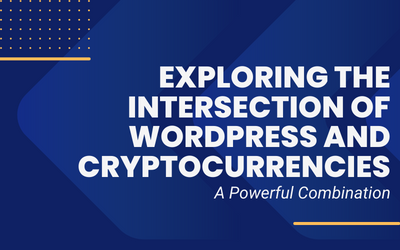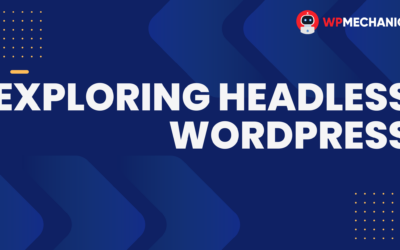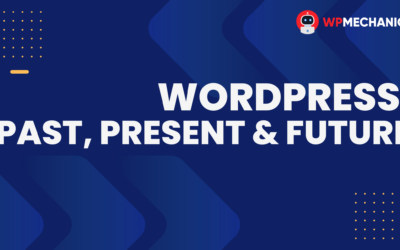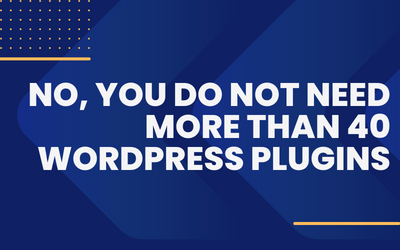Are you thinking of creating a website using WordPress, but the thought of coding makes you break out in a cold sweat? Well, don’t worry, you’re not alone! Many people assume that WordPress requires extensive coding knowledge, but the truth is, you can create a beautiful website without writing a single line of code.

Of course, if you do know how to code, that can be an advantage, but it’s certainly not necessary. In fact, WordPress is designed to be user-friendly, and you can create a website using a variety of drag-and-drop tools and pre-made templates.
However, if you’re feeling adventurous and want to learn some coding, there are plenty of resources available to help you. There are free online courses, tutorials, and even coding bootcamps that can teach you the basics of coding for WordPress.
But let’s be real, coding can be a pain in the neck. It can be frustrating, time-consuming, and downright confusing. If you’re not a fan of coding, then it’s best to leave it to the experts. That’s where WP Mechanics come in.
WP Mechanics are a team of coding wizards who specialize in WordPress. They can help you with any coding needs you might have, from simple customizations to complex website builds. With their help, you can focus on what you do best – running your business or creating content – while they handle the technical stuff.
So, if you’re wondering if WordPress requires coding, the answer is no, but if you do need help with coding, don’t hesitate to reach out to WP Mechanics. They’ll take care of the coding, so you can focus on making your website shine. After all, life’s too short to stress about coding. Let WP Mechanics handle it, and you’ll be able to sit back, relax, and enjoy your beautiful website.










